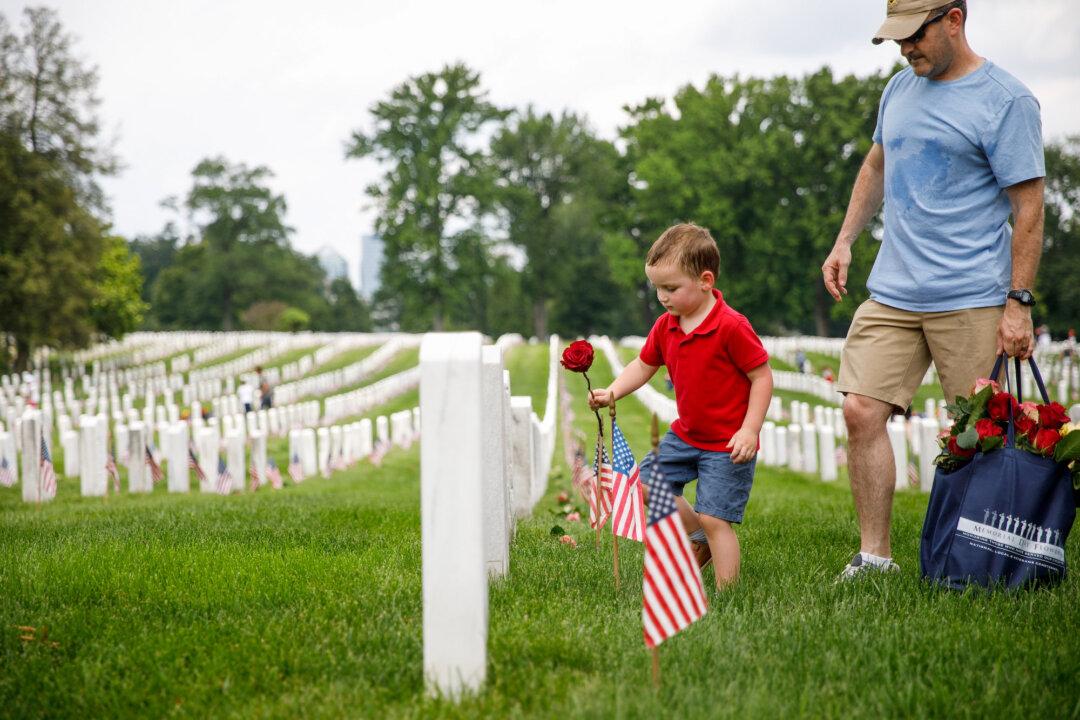On the clubhouse wall of American Legion Post 53 in Front Royal, Virginia, is a photograph of Cpl. Larry E. Smedley along with his Medal of Honor citation. Born in Front Royal and raised in Florida, Cpl. Smedley served as a Marine in Vietnam. While setting up an ambush site near the Danang Complex, his six-man squad encountered 100 Viet Cong and North Vietnamese regulars intent on attacking the base. Under Cpl. Smedley’s direction, his men engaged these assailants. Here is part of his citation:
“A heavy volume of fire from an enemy machine-gun positioned on the left flank of the squad inflicted several casualties on Cpl. Smedley’s unit. Simultaneously, an enemy rifle grenade exploded nearby, wounding him in the right foot and knocking him to the ground. Cpl. Smedley disregarded this serious injury and valiantly struggled to his feet, shouting words of encouragement to his men. He fearlessly led a charge against the enemy machine-gun emplacement, firing his rifle and throwing grenades, until he was again struck by enemy fire and knocked to the ground. Gravely wounded and weak from loss of blood, he rose and commenced a one-man assault against the enemy position. Although his aggressive and singlehanded attack resulted in the destruction of the machine gun, he was struck in the chest by enemy fire and fell mortally wounded.”Cpl. Smedley was 18 years old when he died for his country more than 9,000 miles from home.
Honors and Memorials
All around American Legion Post 53, other such markers commemorate service, patriotism, and the possible high cost of both.Two flagpoles—one sporting the U.S. flag and the other the flag of Virginia—stand at the entryway. Below the flags are two statues, of a soldier and a sailor, each of whom holds a small U.S. flag.






